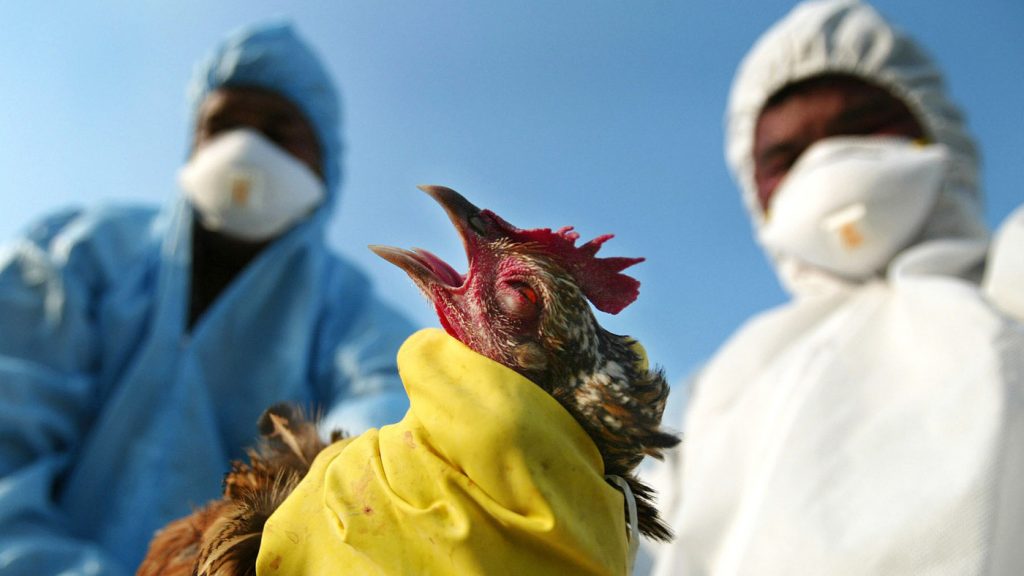Before you turn out to be excessively worried about “bird flu,” there are a couple of things you have to think about.
“Bird flu” is different from human pandemic flu. “Bird flu”- H5N1 exceptionally pathogenic Asian avian influenza-is an extreme disease of birds. Every one of the people known to have gotten it had close contact with contaminated birds, for the most part in country towns in Asia. Where there is no nearby contact with infected birds, there’s no human disease.
All the more uplifting news: The sustenance supply is secured. The poultry business and the U.S. government consider Asian avian influenza vital because it can debilitate business poultry. Transitory birds spread it, so the central government screens wild birds in regions where there could be contact with Asian birds.
Likewise, security on poultry ranches is tight as they avoid wild birds. Strict methods shield the virus from being followed into the birds’ living space. Poultry ranchers’ primary need is to ensure their herds.
The business and state governments support broad testing projects to look for any indications of Asian avian influenza. Under the National Chicken Council’s program, which about every single chicken company take after, each run is tried. Any poultry run observed to be contaminated with Asian avian influenza would be wrecked on the homestead and would not enter the sustenance supply.
You can feel certain about your chicken or turkey suppers. As per the U.S. Places for Disease Control and Prevention (CDC), you can’t get “bird flu” from appropriately handled and cooked sustenance. Simply make certain to take the guidelines as of now imprinted on each bundle of crisp meat and poultry sold in the United States. The U.S. Bureau of Agriculture prescribes cooking poultry to a base inside temperature of 165 degrees Fahrenheit. This is all that anyone could need to crush any flu viruses that might be available.
“American consumers don’t have to worry about getting the avian flu virus from eating poultry,” says Dr. Michael Doyle, director of the Center for Food Safety at the University of Georgia. “We know that if you properly cook poultry, it’s safe.”

